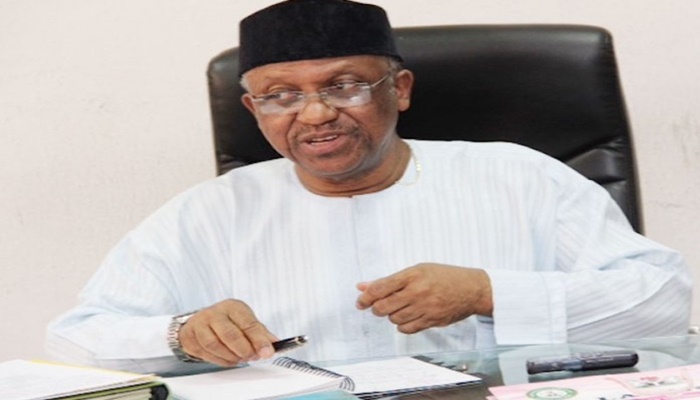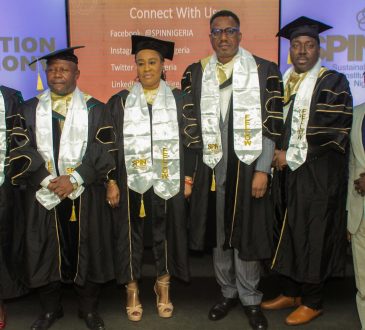
The Federal Government on Thursday revealed that 66 per cent of Nigerian children in rural areas can neither read nor write even as it laments the increasing problem of teenage pregnancy in the country.
The Minister of Health, Dr. Osagie Ehanire, represented by the Director and Head (Department of Family Health) in the Federal Ministry of Health, Dr. Salma Ibrahim Anas-Kolo, stated these during the closing ceremony of a two-day stakeholders’ consultation towards ministerial commitment for educated, healthy and thriving adolescents and young people in West and Central Africa.
He laments that Nigeria has a high burden of adolescent pregnancy and childbearing, 19 per cent of teenagers (15-19) are already mothers or pregnant with their first child.
Quoting the National Demographic Health Survey, the government said that pregnant adolescent girls have poor health-seeking behaviour, while about 32 per cent of teenage women less than 20 years do not receive ante-natal care.
He also said Nigeria has the highest number of HIV in the world with an estimated 1.9 million People Living With HIV/AIDS.
The event was organised by United Nations Educational Scientific and Cultural Organisation and UNFPA in collaboration with other UN agencies, Ministries of Health, Education, Network of Young People and Civil Society Organisations.
The organisers said the consultation would lead up to a regional high-level commitment by Ministers of Education and Health of the 25 West and Central African countries and would be instrumental to changing the narratives for adolescents and young people in the region to educated, healthy and thriving sub-group.
Ehanire said, “In Nigeria, the possibility of a child born and achieving its full professional and economic potentials is low; the Human Capital Index put this at 36 per cent. This is lower than the average in sub-saharan region and Low- and Middle-Income Countries.
“The Economic Recovery and Growth Plan notes that Nigeria ranks 137 out of 140 in Infant mortality rate, 10 million children are out of school, 66% children in rural areas cannot read or write, and 17.6 million youth are unemployed.
“According to NDHS, Nigeria has a higher burden of adolescent pregnancy and child bearing. 19 per cent of teenagers (15-19 years) are already mothers or pregnant with their first child. The figure is higher in the Northern part than in the South.
“Pregnant adolescent has poor health seeking behavior; about 32 per cent of teenage women less than 20 years receive no ANC, 70 per cent deliver at home and 66 per cent deliver with unskilled birth attendants.
“Nigeria has high level of child marriage in the world; 16 per cent are married by age 15 and 43 per cent by 18. This is common among women in Northern part of the country, women with low level of education, low socio-economic status.
“Nigeria has the highest number of HIV in the world with an estimated 1.9 million PLWHA. The burden is more in female than male. Furthermore, the gender disparity in prevalence is highest among adolescent and young people.
“The new HIV infection in female adolescent triples that of male while the number of new infections in young females is about one-half times that of young male. in addition, female adolescent has higher tendency of not using condoms (37.7 per cent vs 62.1 per cent in male).”
UNESCO Officer in Charge of UNESCO regional office in Abuja, Mamadou Lamine Sow, said that young people must be taught to make informed decisions about their health and sexuality to curtail child marriages, early and unintended pregnancies.






